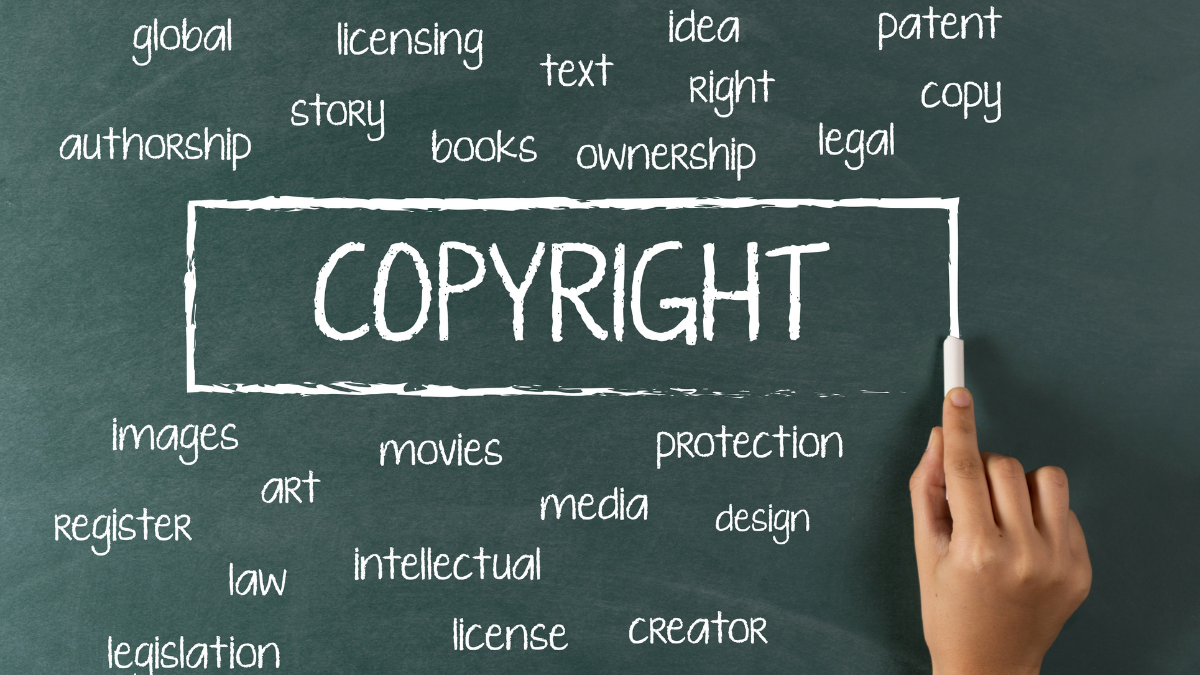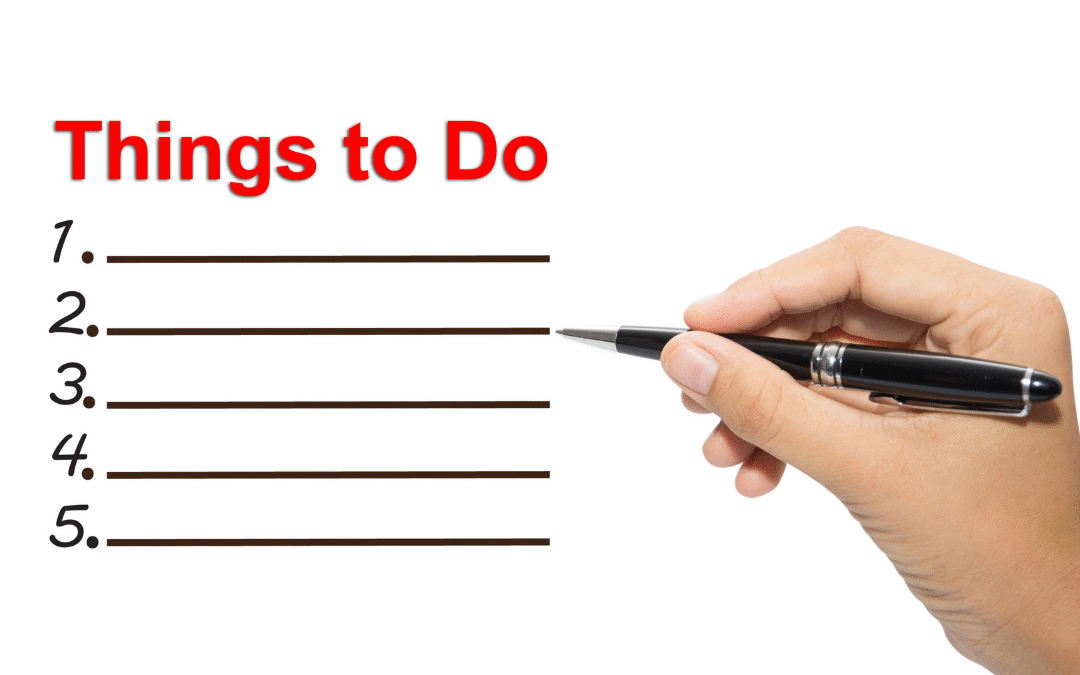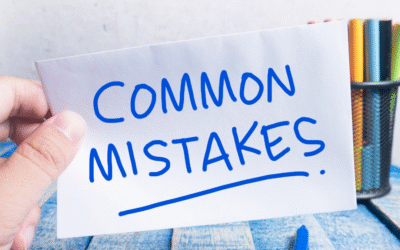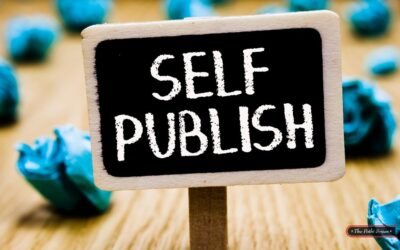Over my journey as a self-published author, I’ve discovered that understanding copyright and ISBNs can significantly impact your success. As you launch on your publishing adventure, it’s important to navigate these important concepts to protect your work and reach readers effectively. In this post, I’ll share what I’ve learned about copyright laws and the role of ISBNs, so you can confidently publish your book and ensure it reaches its audience safely and professionally.

Key Takeaways:
- Understanding copyright protection is vital for safeguarding your original work from unauthorized use and reproduction.
- Obtaining an ISBN is important for enhancing the visibility and distribution of your book, as it acts as a unique identifier in the publishing industry.
- Self-published authors should be aware of the different licensing options available to manage rights and permissions related to their work effectively.
The Crucial Role of Copyright in Self-Publishing
Copyright plays a foundational role in self-publishing by granting you the exclusive rights to reproduce, distribute, and display your original work. This protection allows you to fully control how your content is used and prevents others from profiting from your hard-earned creativity without your permission.
Protecting Your Creative Work
Securing copyright is necessary for shielding your creative work from potential infringement. It acts as a legal barrier, ensuring that your writing cannot be exploited by others without your explicit consent. This protection extends to not only your book but also illustrations, cover designs, and any other original content you create.
The Process of Copyright Registration
Registering your copyright with the U.S. Copyright Office formalizes your ownership and provides legal proof of your authorship. This process involves filling out an application, submitting a copy of your work, and paying a registration fee, typically around $35 for online applications. Once registered, you gain the ability to enforce your rights in the event of infringement, opening the door for potential legal recourse.
In practice, the registration process can often be straightforward and takes about three to six months for processing. When you submit your work, you’ll need to choose the appropriate category and provide the necessary details to ensure your application is complete. While copyright protection is granted automatically upon creation, registration enhances your ability to prove ownership in a court of law. Additionally, statutory damages and attorney fees can be pursued in infringement cases, making registration a wise investment for any self-published author.
Navigating the ISBN Landscape
Navigating the ISBN landscape can feel daunting, but it’s an crucial part of self-publishing that greatly enhances your book’s discoverability. The International Standard Book Number (ISBN) uniquely identifies your book, enabling bookstores, libraries, and readers to find and purchase your work easily. Each format of your book—whether it’s paperback, hardcover, or eBook—requires its own unique ISBN, which solidifies its status in the marketplace. As a self-published author, understanding and utilizing ISBNs properly can set you apart and ensure your book is taken seriously.
What an ISBN Does for Your Book
An ISBN serves multiple purposes, primarily functioning as a unique identifier for your book across sales channels. This number standardizes the book’s information in databases and systems used by bookstores, libraries, and distributors, ensuring everyone refers to your book in the same way. Moreover, having an ISBN can lend your work credibility, making it look more professional and appealing to retailers who might carry your title. Not only does it facilitate sales tracking, but it also simplifies inventory management for sellers.
Where and How to Obtain an ISBN
Obtaining an ISBN is straightforward, and you can typically acquire one through an official ISBN agency in your country. In the U.S., for instance, Bowker is the official agency that issues ISBNs. You can choose to purchase a single ISBN or opt for a block of ten if you plan to publish multiple titles or formats. Each block usually comes with a discount compared to buying individual ISBNs. Some self-publishing platforms may also offer free ISBNs as part of their packages, but keep in mind that using their ISBN might mean they have more control over your book’s distribution.
For U.S. authors, Bowker requires you to create an account and you can typically fill in your book details online. As of October 2023, an individual ISBN can cost around $125, while the block of ten is approximately $295, saving you $55 per ISBN if you go for a bulk purchase. Most other countries have a similar process through their respective ISBN agencies, so it’s wise to check the details specific to your region. I’d suggest investing in your own ISBNs whenever possible; owning your numbers gives you full control over your book’s rights and distribution channels down the line.
Common Misconceptions About Copyright and ISBN
Misunderstandings surrounding copyright and ISBN can lead to costly errors for self-published authors. Many believe that simply creating a piece of work grants them full protection, or that an ISBN is only necessary for traditional publishing. This mindset can lead to the unintentional neglect of legal rights and potential loss of income. I’ve encountered numerous authors who didn’t realize they needed to register their copyrights to enforce them effectively, or who thought they could forgo an ISBN without penalties when selling on major platforms.
Debunking Myths That Could Cost You
One prevalent myth suggests that publishing a book online automatically safeguards it under copyright law. This simply isn’t the case; formal registration strengthens your claims in disputes. Another misleading idea is that you only need an ISBN for print copies, but eBooks benefit from them too, making your work discoverable and professional.
Real-World Examples of Missteps
There are several real-world scenarios that illustrate the pitfalls of neglecting proper copyright and ISBN practices. For instance, an aspiring author once posted their novel on a popular blog without registering for copyright protection, only to later discover that someone had copied it almost verbatim and published it under their name.
Another author opted not to secure an ISBN for a self-published eBook, believing it wouldn’t make a difference. They soon found that large retailers wouldn’t list their book, severely impacting sales. These examples serve as cautionary tales highlighting the importance of understanding copyright laws and the role of an ISBN. Delving into these missteps not only informs your decisions but also safeguards your literary creations from future mishaps. Taking the time to comprehend these elements can save both money and the integrity of your work in the long run.
The Interplay Between Copyright and ISBN
Understanding the relationship between copyright and ISBN is necessary for self-published authors seeking to safeguard their intellectual property. While copyright protects your unique expression and ideas, the ISBN serves as a unique identifier for your book, facilitating sales and distribution. Together, they establish both the ownership of content and the framework for making it marketable. Without proper registration of both elements, your chances of reaching a broader audience and ensuring unauthorized reproduction of your work are significantly diminished.
How They Complement Each Other
The synergy between copyright and ISBN enhances your book’s visibility and legal protection. Copyright safeguards your creative work from being reproduced without permission, while an ISBN improves its discoverability across retail channels. This identification system signals to the market that your work is officially published and compliant with industry standards, which may deter potential infringement since clear ownership is documented.
Crafting a Comprehensive Protection Strategy
To effectively protect your work, I recommend developing a comprehensive strategy that integrates both copyright registration and ISBN acquisition. This dual approach not only secures your rights but also positions your book favorably in the competitive marketplace. By registering for copyright, you establish a legal record of your ownership, making it easier to enforce your rights against infringement. Obtaining an ISBN, on the other hand, ensures that your book can be easily found, ordered, and sold by retailers and libraries, amplifying your reach and sales potential.
A comprehensive protection strategy incorporates proactive measures at each stage of your book’s lifecycle. Start by registering your copyright as soon as your work is complete to solidify your claim. Next, acquire your ISBN before publishing to ensure seamless listing and distribution channels. Consider educating yourself about various licensing options for your work, including Creative Commons licenses, which can provide additional protection tailored to your publishing goals. Regularly tracking your book’s usage through rights management tools will also aid in identifying any potential infringement, ensuring your strategy remains robust in the face of new developments in the publishing landscape.
Essential Steps for Ensuring Your Work Is Secured
Securing your work as a self-published author involves understanding a few important steps. I encourage authors to not only register their copyright but also to document their creative process. This documentation can include drafts, emails, and research notes as evidence of your originality should any disputes arise. Additionally, using a reputable self-publishing platform equipped with protection features can provide layers of security for your written content.
Practical Measures Every Author Should Take
To better secure your work, consider putting a watermark on your drafts or sharing them only through secure, private channels. Utilizing contracts for any collaborations or freelance services will also help define ownership expectations. These small steps can significantly reduce the risk of your ideas being mishandled or plagiarized.
Tools and Resources for Self-Published Authors
Many valuable tools and resources can simplify the process of securing your intellectual property. For instance, websites like the U.S. Copyright Office provide clear guidelines for filing your copyrights online. Additionally, self-publishing platforms like Amazon Kindle Direct Publishing (KDP) offer options to register your work, ensuring that your rights are protected while making your book available to a wider audience.
Beyond just copyright registration, tools like Google Docs help track changes and maintain a record of your drafting process, which can be vital if you ever need to establish authorship. Dropbox or similar cloud services offer secure storage for your work, keeping it safe from loss or unauthorized access. If you’re looking for more extensive guidance, organizations like the Author’s Guild host resources and webinars aimed at educating writers on protecting their works. These resources empower you to take your publishing journey into your own hands while safeguarding what you’ve created.
To wrap up
From above, I hope I’ve shed some light on the importance of copyright and ISBNs for self-published authors like us. Understanding these concepts helps protect your creative work and ensures that your book reaches readers under the best conditions. I encourage you to take the time to secure your rights and obtain an ISBN—it’s a simple step that can have a big impact on your publishing journey. Let’s make our literary dreams come true!
FAQ
Q: What is copyright, and why is it important for self-published authors?
A: Copyright is a legal protection that grants the creator of an original work exclusive rights to its use and distribution, typically for a limited time. For self-published authors, understanding copyright is vital because it protects their written content from unauthorized use or reproduction. By securing copyright, authors can prevent others from claiming their work as their own or profiting from it without permission. This legal protection provides authors with peace of mind while they share their work with readers and ensures they maintain control over how their creative outputs are used.
Q: What is an ISBN, and why do I need one for my self-published book?
A: An ISBN, or International Standard Book Number, is a unique identifier for books, allowing publishers, bookstores, libraries, and readers to easily find and track specific titles. For self-published authors, obtaining an ISBN is important because it enhances the professionalism of their work and makes it more accessible in the marketplace. Using an ISBN helps ensure that your book is correctly cataloged, making it easier for retailers to order, and for readers to find your title in various databases and online platforms. While an ISBN is not mandatory, having one can increase the visibility and credibility of your book.
Q: How do I register my copyright and obtain an ISBN for my book?
A: To register your copyright, you need to complete a copyright application through the U.S. Copyright Office (or the relevant office in your country), which often involves filling out a form, submitting a copy of your work, and paying a registration fee. It’s a straightforward process that you can typically do online. To obtain an ISBN, you can purchase one directly from the official ISBN agency in your region, such as Bowker in the United States. Once you have your ISBN, you need to place it on your book’s copyright page and use it in all marketing materials. Following these steps ensures that your work is properly protected and identifiable in the market.








